3 Coconut Nectar Substitutes for Sweetness
Coconut nectar substitute options abound in today's alternative sweetener marketplace.
Many health-conscious consumers seek this particular replacement due to its lower glycemic impact compared with traditional sugar.
The natural sweetening landscape has expanded significantly over recent years, offering more choices than ever before.
From plant-based syrups to mineral-derived compounds, each alternative brings unique flavor profiles and cooking properties to the table.
These substitutions can transform recipes while maintaining desired sweetness levels without compromising taste.
The quest for perfect sugar replacements continues as food scientists develop new formulations that mimic coconut nectar's distinctive properties.
You deserve to know all available options before making decisions about which sweeteners belong in your kitchen pantry.
The following guide will walk through everything needed to make informed choices about the best coconut nectar alternatives for any situation.
What Is Coconut Nectar?
Coconut nectar is a natural sweetener made from the sap of coconut palm blossoms, offering a mild, caramel-like flavor and a golden color that works well in both sweet and savory recipes. It’s often used as a healthier alternative to traditional sugars and syrups, with a lower glycemic index and more nutrients than refined sweeteners:
Natural Coconut Nectar Replacements
Coconut nectar running low can be replaced with something natural and gentle in sweetness. Stirring it into recipes keeps everything in balance. Your dishes stay as inviting as ever.
Maple Syrup
Maple syrup stands as the closest match to coconut nectar with its similar flavor profile, making it a perfect substitute in most recipes.
For the best quality, organic maple syrup offers a more natural, less processed option derived from red, black, or sugar maple trees.
Many health enthusiasts prefer maple syrup over coconut nectar because it contains higher levels of essential minerals like zinc, calcium, magnesium, and potassium.
Most grocery stores carry maple syrup, so finding it won't be a challenge when you need a quick replacement.
Substitution couldn't be simpler - just use an equal 1:1 ratio since both sweeteners have nearly identical consistency and sweetness levels.
Raw Honey
Honey stands out as the most popular natural sweetener, likely sitting in your kitchen cabinet right now ready to replace coconut nectar in your recipes.
Raw honey makes an even better alternative than regular honey because of its richer flavor profile and minimal processing.
Many specialty stores offer different varieties of raw honey, from light clover to dark buckwheat, each bringing unique taste notes to your dishes.
The nutritional benefits make honey especially appealing as it contains antioxidants, enzymes, and trace minerals that processed sweeteners lack.
Swapping coconut nectar for honey works perfectly as a direct 1:1 substitution, so you can easily make the switch without adjusting your measurements or cooking techniques.
Brown Sugar
Substituting brown sugar for coconut nectar is a smart money-saving choice since it's widely available at low prices in grocery stores everywhere.
Brown sugar, simply white sugar with added molasses, dissolves quickly and completely in drinks just like coconut nectar does.
For proper measurements in recipes, use only 2/3 cup of brown sugar to replace 1 cup of coconut nectar to maintain the right sweetness level.
Some bakers add natural applesauce alongside brown sugar when extra moisture is needed in the recipe.
These substitutions work wonderfully in most baking projects without anyone noticing the difference in taste or texture.
Adjusting Liquid and Sweetness When Swapping Coconut Nectar
When swapping coconut nectar for other sweeteners, it’s important to adjust both the liquid and sweetness levels in your recipe to keep the taste and texture just right. Coconut nectar is less sweet and more liquid than many traditional sugars, so a few simple tweaks help your dishes turn out as delicious as you expect:
Adjust for Less Sweetness
Coconut nectar is generally less sweet compared to honey, maple syrup, or agave nectar. You may need to use a bit more coconut nectar to achieve your desired sweetness level or combine it with another sweetener to strengthen the flavor.
Watch the Liquid
Because coconut nectar is a syrup, substituting it for dry sweeteners like white or brown sugar introduces additional moisture to your batter or dough. To prevent sogginess in baked goods, reduce other liquid ingredients like milk or water slightly.
Swap Ratios Carefully
When replacing liquid sweeteners, use a 1:1 ratio of coconut nectar to the original ingredient. For dry sugar swaps, use about 1 1/4 cups of coconut nectar per cup of sugar, and reduce other liquids by two to three tablespoons to maintain proper consistency.
Mind the Texture
The extra liquid from coconut nectar can cause cookies to spread more during baking and make cakes denser. If your batter feels too thin, incorporate a spoonful of additional flour or oats to help absorb the moisture and maintain structure.
Balance the Flavor
Coconut nectar imparts a mild caramel-like note to recipes. If you prefer a more neutral sweetness, consider blending it with honey or agave syrup or adding a pinch of salt to tone down the caramel flavor and balance the overall taste.
Taste as You Go
Sweetness preferences vary, so taste your batter or mixture before baking. Adjust the sweetness as needed by adding a little more coconut nectar or a sprinkle of another sweetener until you achieve the right balance for your palate and recipe.
Coconut Nectar Swaps: Frequently Asked Questions
1. Will using a substitute affect the flavor or sweetness?
Yes, coconut nectar is mildly sweet with a subtle caramel flavor. Maple syrup and honey are stronger and sweeter, while brown rice syrup is more mild.
2. Are there vegan alternatives to coconut nectar?
Yes, maple syrup, agave nectar, brown rice syrup, and date syrup are all vegan-friendly options.
3. Can I use coconut sugar instead of coconut nectar?
Yes, coconut sugar works, but it’s granulated, dissolve it in a bit of liquid if your recipe needs a syrupy texture.
4. What’s the best substitute for coconut nectar in baking?
Maple syrup or agave nectar blend well in baked goods, adding moisture and sweetness similar to coconut nectar.
5. Are coconut nectar alternatives suitable for paleo or gluten-free diets?
Most listed substitutes are gluten-free and paleo-friendly, but check labels for added ingredients.
6. Will using a substitute change the texture of my recipe?
Some, like maple syrup or honey, are thinner than coconut nectar and may make batters slightly looser, adjust dry ingredients if needed.
7. Can I use date syrup instead of coconut nectar in sauces?
Yes, date syrup offers similar sweetness and consistency, making it great for drizzling or mixing into sauces.
8. How do I adjust measurements when substituting coconut nectar?
Use the same amount of syrup substitute as coconut nectar, but taste and adjust for your preferred sweetness.

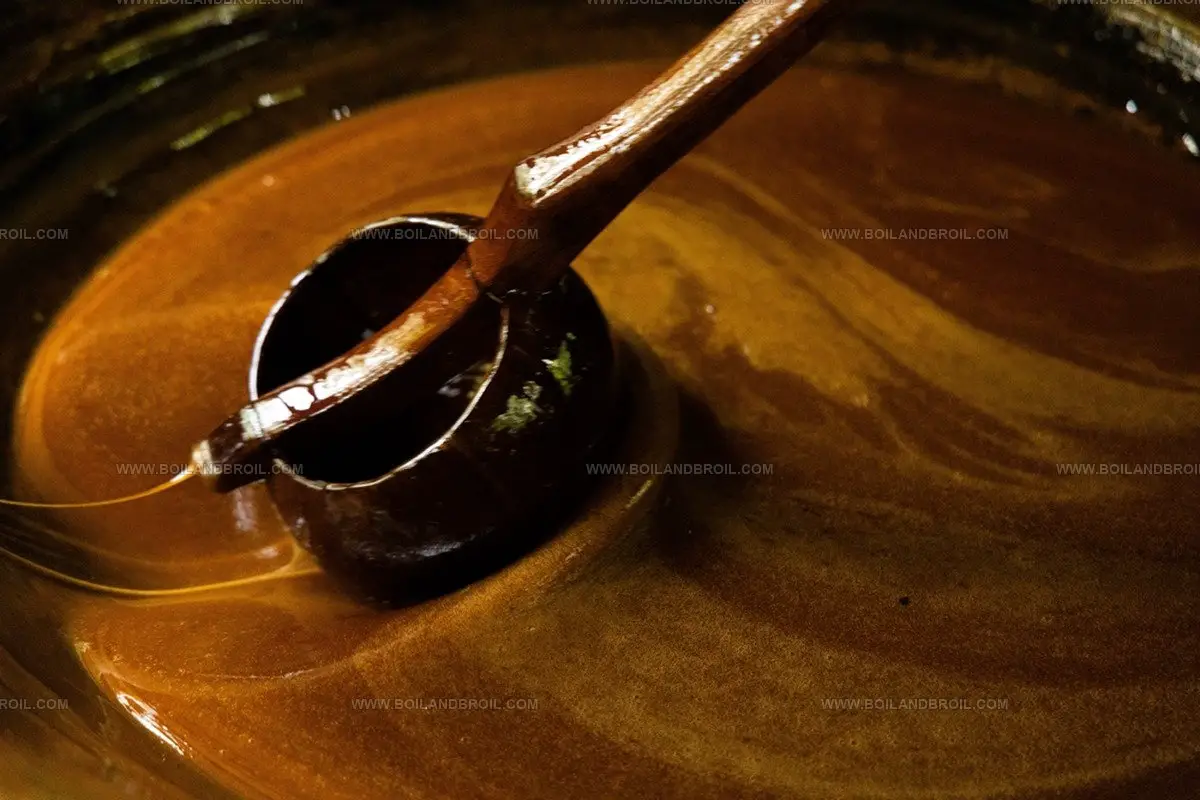
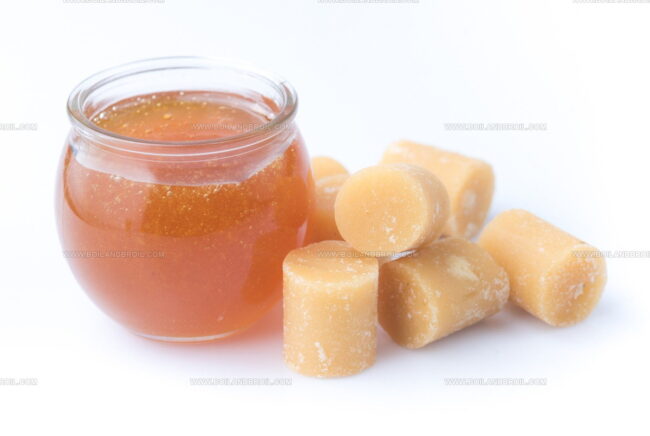
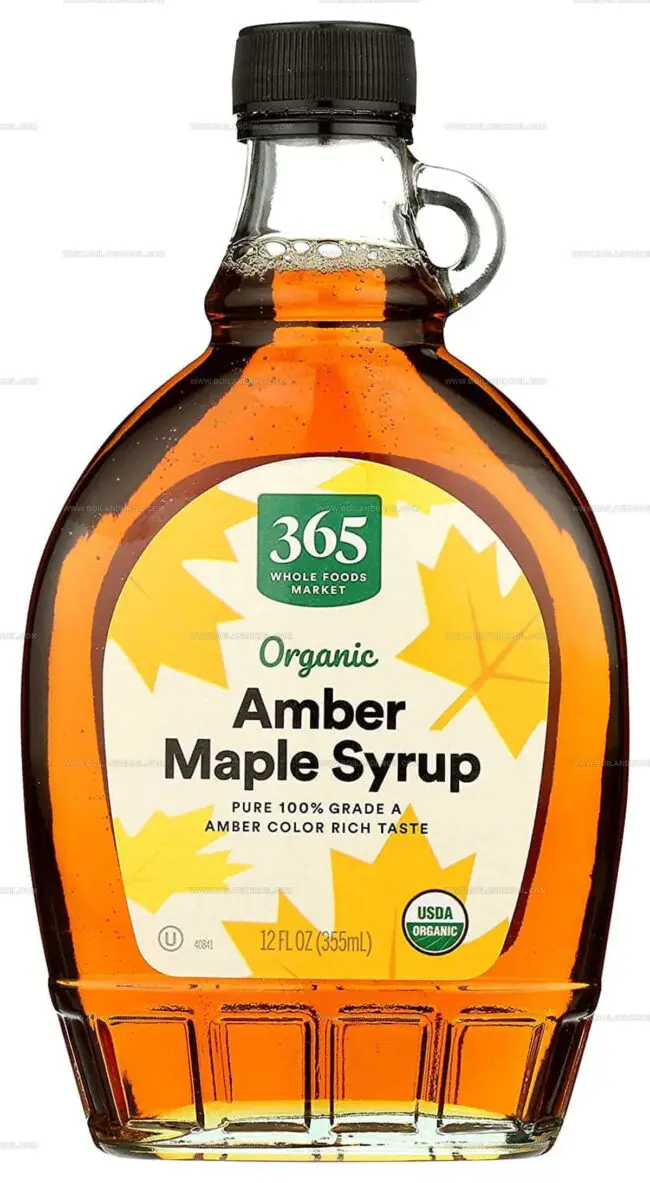
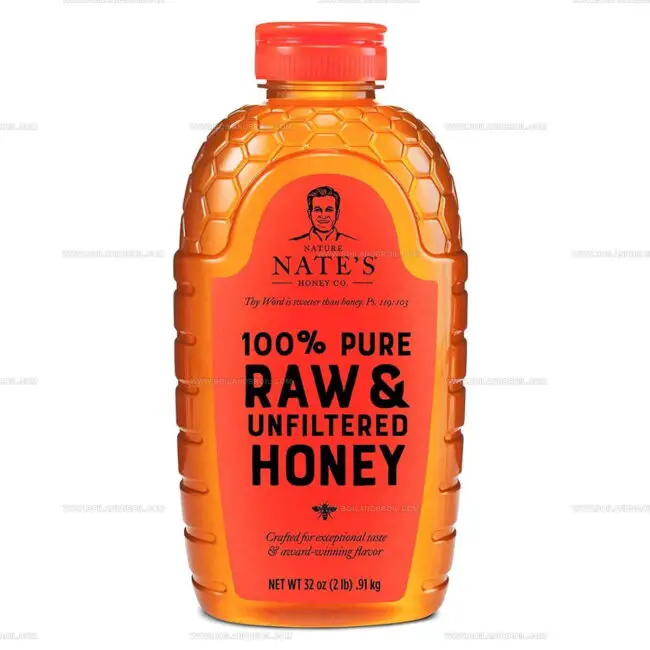
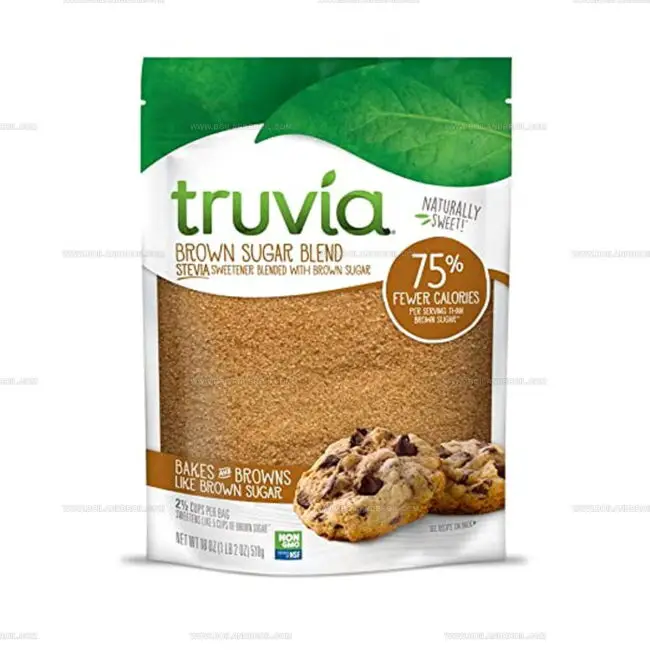
Clara Thompson
Recipe Developer & Culinary Educator
Expertise
Developing accessible single-serving recipes, Food writing and content creation, Plant-based and allergen-friendly cooking, Culinary education and workshop facilitation
Education
Oregon Culinary Institute (Portland, OR)
Diploma in Culinary Arts
Specialized in plant-based cooking and sustainable kitchen practices.
Portland Community College
Certificate in Food Writing and Media
Focused on recipe writing, food photography, and digital content creation.
Clara’s food journey began with a curiosity for color, texture, and ingredients pulled straight from the garden. Her background in plant-forward cooking and creative writing gives her a unique edge – she makes healthy, flavorful food feel inviting, not intimidating.
She specializes in meals that work for busy lives and different diets, all without sacrificing taste. Clara’s voice comes through in every recipe she writes – clear, kind, and encouraging.